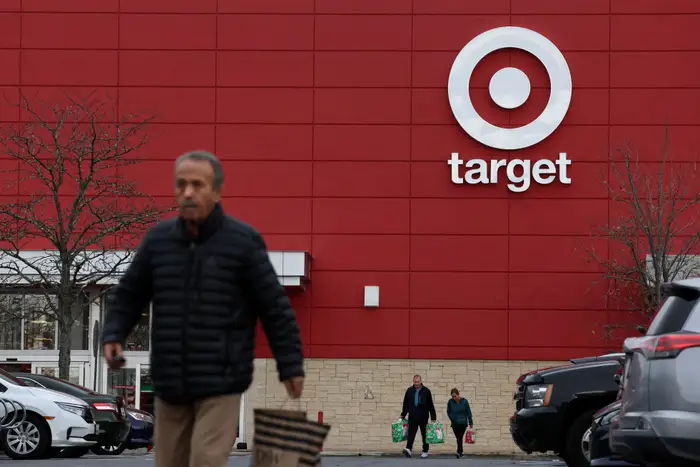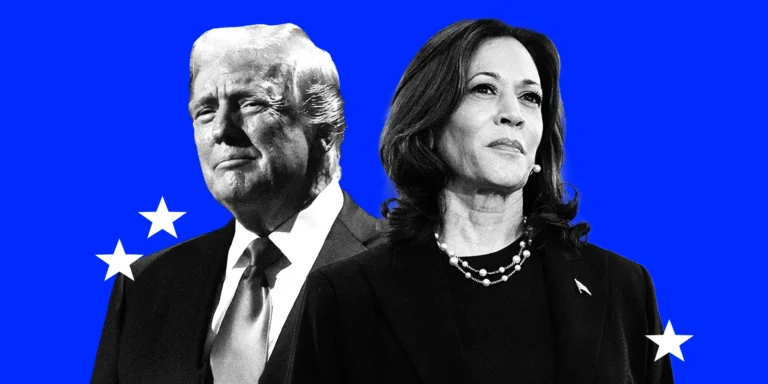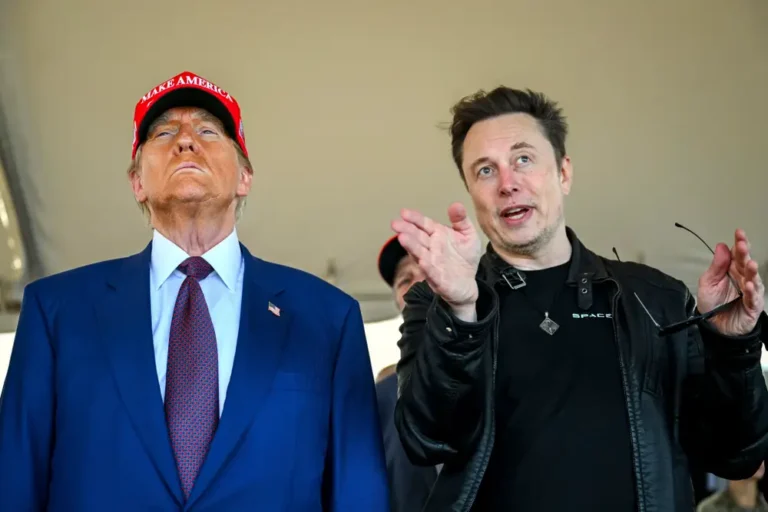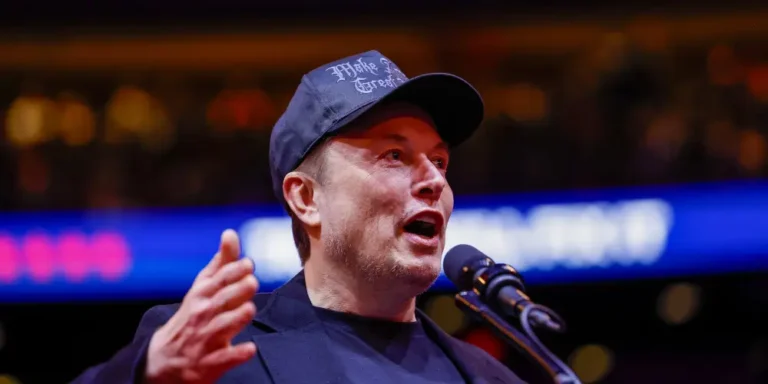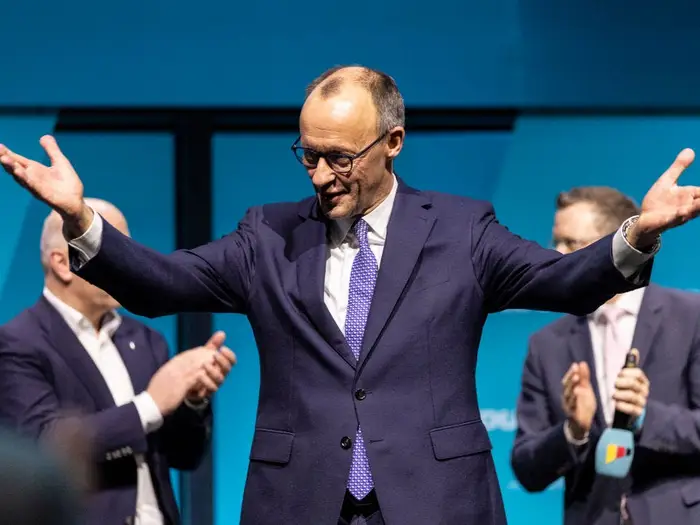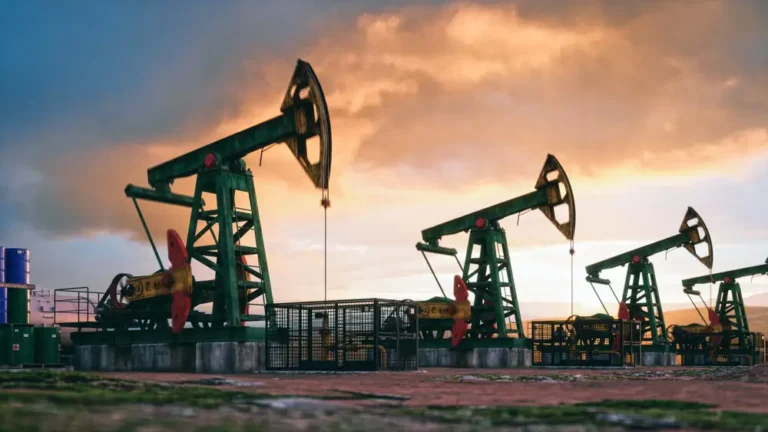Elon Musk’s DOGE intends to embed 2 cost-cutting representatives at most major government agencies: report

In November, President-elect Donald Trump said that Elon Musk would co-lead a government commission called the Department of Government Efficiency, or DOGE.
Elon Musk’s government efficiency commission is looking to embed staffers at government agencies to lead cost cutting efforts.
Most major government agencies will be given two representatives from the Department of Government Efficiency, or DOGE, after President-elect Donald Trump takes office on January 20, The New York Times reported on Sunday, citing about a dozen people who are familiar with DOGE’s operations.
Those who aren’t deployed will instead be stationed at the US Digital Service, a branch of the White House that provides IT consulting services to federal agencies, the outlet reported.
Then-President Barack Obama described the USDS as a “startup at the White House” when he created the agency in 2014.
The Times added that DOGE could also have an office at the White House’s Office of Management and Budget. The OMB prepares the president’s budget request for Congress.
Musk did not respond to a request for comment from B-17.
In November, Trump announced that DOGE would be co-led by Musk and biotech billionaire Vivek Ramaswamy. The commission, Trump said in his announcement, is set to conclude its work by July 4, 2026.
DOGE kicked off its recruitment efforts in the same month. The commission started an account on Musk’s social network X and asked applicants to send in their CVs via direct message.
Thus far, the commission said it has been hiring for software engineering, information security engineering, HR, IT, and finance roles.
Back in October, Musk said that DOGE would help the government to save at least $2 trillion, though he didn’t specify where the savings would come from. The federal government spent $6.75 trillion in the 2024 fiscal year.
Last week, Musk said that saving $2 trillion would be “the best-case outcome” for DOGE, adding that his commission had a “good shot” at saving $1 trillion.
“If we can drop the budget deficit from $2 trillion to $1 trillion and free up the economy to have additional growth such that the output of goods and services keeps pace with the increase in the money supply, then there will be no inflation. So that, I think, would be an epic outcome,” Musk told Mark Penn, the chairman and CEO of marketing company Stagwell, in an interview on January 8.

